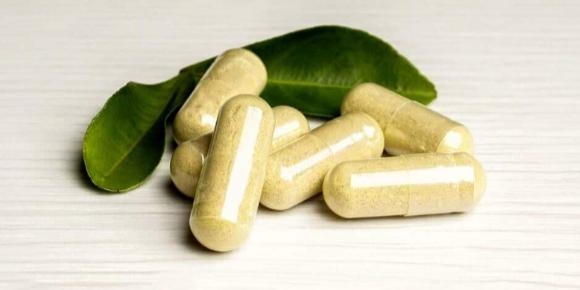Should I be taking a digestive Enzyme with my food?

- posted: Oct. 14, 2024
Ever stopped to ponder if the food you're eating qualifies as "real" food, despite your body's innate ability to churn out digestive enzymes? Let's backtrack a bit and explore some foundational knowledge.
Our gut's functionality relies heavily on a collaboration between bile and enzymes to efficiently dismantle food and extract its essential nutrients for absorption. When this intricate process hums along smoothly, it results in seamless bowel movements devoid of bloating or gas. Unfortunately, achieving such digestive equilibrium is a rarity in our modern world, where processed foods brimming with toxins and excess sugars reign supreme.
Research uncovers a troubling pattern: the prevalent consumption of processed fare, coupled with exposure to environmental toxins and stressors, correlates with a decline in bile and pancreatic enzyme levels within our intestines. This shortfall impedes the proper breakdown and assimilation of nutrients, culminating in an array of digestive woes such as constipation, gastric discomfort, bloating, and energy slumps. These gut-related issues often spill over into behavioral disruptions in children and mood imbalances in adults.
While the optimal fix entails embracing a 100% organic whole foods regimen while minimizing exposure to toxins and stress, navigating this path can prove daunting. Nonetheless, taking proactive measures—such as reducing consumption of wheat (gluten) and dairy, and contemplating a full-scale elimination diet—can catalyze gut healing. Additionally, supplementing with top-notch digestive enzymes can lend invaluable support to this restorative process.
Enter the burgeoning trend of digestive enzyme supplementation, touted for its prowess in bolstering digestion and bolstering nutrient uptake. However, it's imperative to note that while a worthwhile addition to your health arsenal, digestive enzymes aren't a one-size-fits-all solution. Instead, they shine brightest when ingested alongside meals housing hard-to-digest elements like gluten and dairy, facilitating their smooth passage through the digestive tract sans inflammation.
Environmental stressors—ranging from urban pollution to pesticide exposure—pose a threat to gut integrity by clogging the tiny villi lining our intestines, disrupting the delicate balance of gut flora and gastric acids. This disruption reverberates upstream, impacting bile and enzyme production and exacerbating digestive challenges. By furnishing the body with supplemental digestive enzymes, we equip it with the necessary tools to efficiently process these dietary foes.
Beyond their digestive duties, these enzymes wield considerable influence over nutrient absorption and may assuage symptoms associated with a gamut of digestive disorders, including Gluten Intolerance, IBS, and Lactose Intolerance, to name a few. In an era marked by dwindling food quality and a surge in chronic ailments, enzyme supplementation emerges as a beacon of hope, alleviating strain on digestive organs and fostering optimal nutrient assimilation.
When perusing the digestive enzyme supplement aisle, prioritize a high-caliber, broad-spectrum formulation to ensure comprehensive support for fundamental digestion and nutrient uptake. Armed with over 40 enzymes to choose from, selecting a supplement boasting a diverse enzyme portfolio is pivotal in harnessing its full potential and reaping the digestive health benefits it promises. Thanks for reading, Dr. Joe


